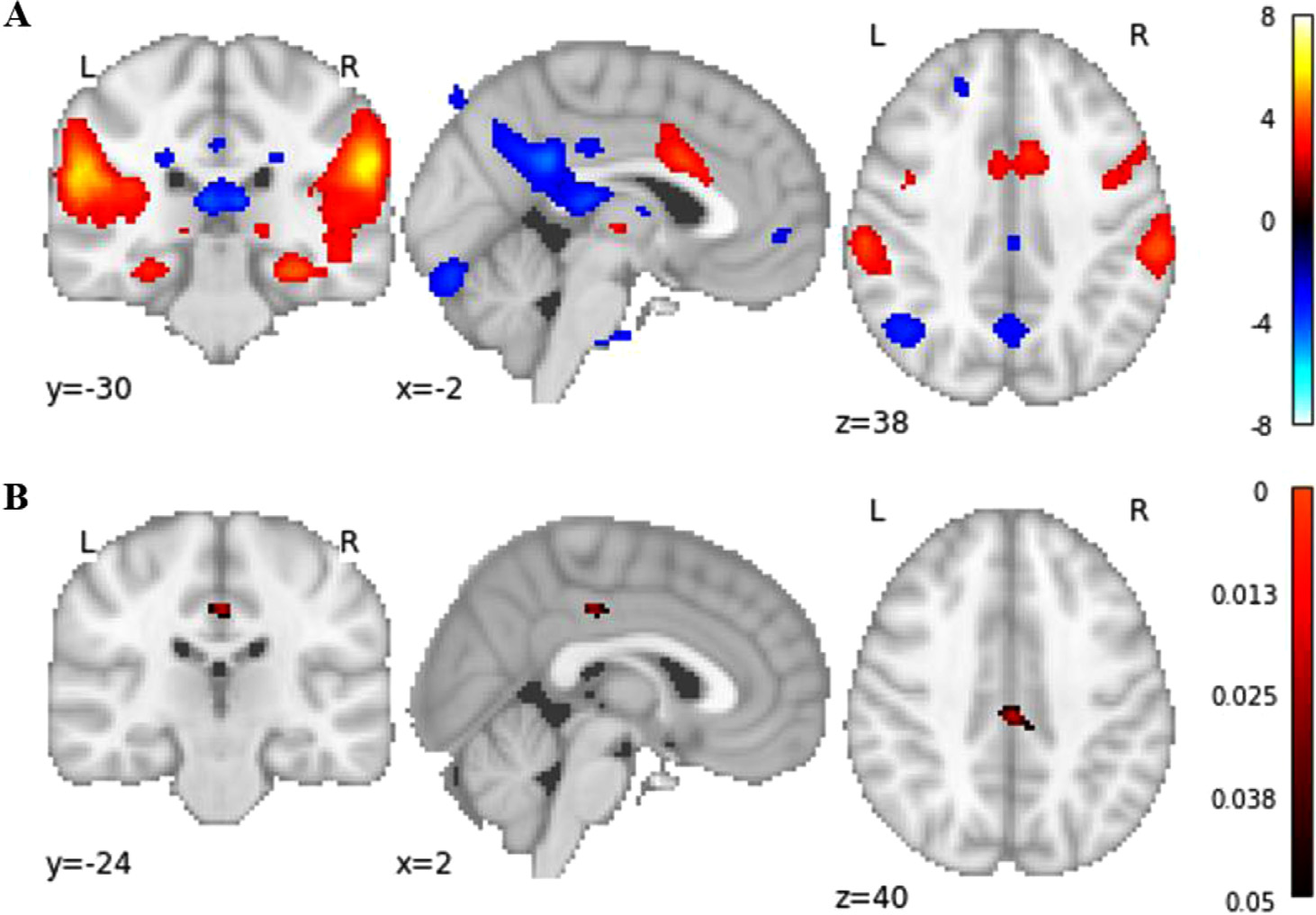New research provides a crucial next step in understanding anxiety and reduced attention
- Thursday, March 26, 2020
New research reveals reduced levels of anxiety following a real-time fMRI exercise that improves the connectivity of parts of the brain.

The research, led by Professor Paul Allen and Dr. Elenor Morgenroth, provides a crucial next step in helping us understand the relationship between attention and anxiety.
According to Professor Eysenck’s Attentional Control Theory, anxiety affects concentration and reduces our ability to attend to everyday tasks. In line with this theory, a number of functional magnetic resonance imaging (fMRI) studies have shown that anxiety reduces connectivity in areas of the brain that are important for attentional control, leading to tasks being completed less efficiently.
Professor Allen and his colleagues were looking for new approaches to enhance attentional control in anxious individuals and thus reduce anxiety. Real-time fMRI neurofeedback is a recent development in neuroscience that allows participants to monitor and self-regulate their own brain activity while in an fMRI scanner.
In this study, participants with high levels of trait anxiety were recruited and randomly assigned to an Experimental or Control Group. They then had two sessions in an fMRI scanner, where they were trained to self-regulate connectivity between the two brain areas important for efficient attentional control. They were shown a visual gauge while in the scanner, and told to “try to move the gauge upwards”, but given no strategies on how. While the Experimental Group were shown their own ‘true’ brain activity in real-time, the Control Group were given false feedback.
The researchers found that the Experimental Group were able to successfully enhance the connectivity between the targeted brain areas in the prefrontal cortex when shown the real-time visual feedback of their brain activity. Crucially, this group showed a decrease in anxiety levels after the sessions that was not seen in the Control Group. These results show that participants in the Experimental Group were able to self-regulate the connectivity between the two brain areas, leading to reduced anxiety levels.
Paul Allen said “this is an important proof-of-concept study that provided causal evidence for Attentional Control Theory. Moreover, the study provided a mechanistic platform for new neurotherapies that could be used to improve concentration and reduce levels of anxiety in people with high or dysfunctional levels of anxiety.”
The University of Roehampton is the most research-intensive modern university in the UK, with 100% of our psychology research rated as ‘world-leading’ or ‘internationally excellent’ (Research Excellence Framework, 2014).